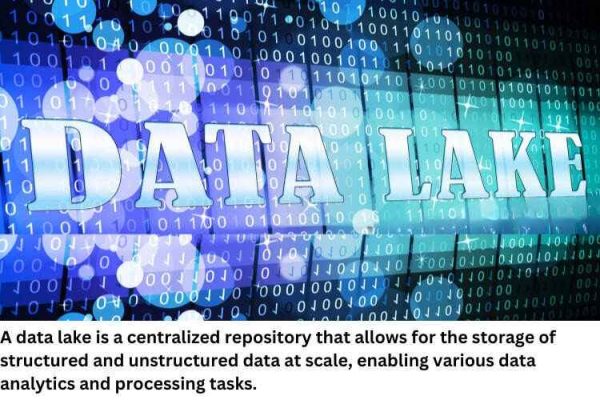
Data lake technologies encompass a range of tools and platforms designed to facilitate the creation, management, and analysis of data lakes.
Apache Hadoop
An open-source framework that provides distributed storage (Hadoop Distributed File System – HDFS) and processing accordingly
(MapReduce) capabilities, making it suitable for building large-scale data lakes accordingly
Hadoop ecosystem components such as Apache Hive, Apache Spark, and Apache Flink .
It is commonly used for data processing and analytics within Hadoop-based data lakes.
Amazon S3 Data lake technologies(Simple Storage Service)
A cloud-based object storage service offered by Amazon Web Services (AWS).
It provides scalable and durable storage for building data lakes in the cloud accordingly
With features like versioning, encryption, and lifecycle management, Amazon S3 is commonly used as a storage layer for cloud-based data lakes.
Azure Data Lake Storage
A scalable and secure cloud-based storage service provided by Microsoft Azure, optimized for big data analytics workloads. Azure Data Lake Storage Gen2 combines the capabilities of Azure Blob Storage with a hierarchical file system and support for distributed analytics frameworks like Apache Hadoop and Apache Spark.
Google Cloud Storage Data lake technologies (GCS):
A cloud-based object storage service provided by Google Cloud Platform (GCP) that offers durable and scalable storage for building data lakes in the cloud.
GCS provides features such as encryption, versioning, and lifecycle management.
It make it suitable for storing and analyzing large volumes of data accordingly
Apache Cassandra
A distributed NoSQL database designed for handling large volumes of structured and semi-structured data across multiple nodes consequently
Cassandra is often as a storage layer for real-time analytics and operational data lakes.
It also providing high availability, scalability, and low latency accordingly
Cloudera Data Platform (CDP)
A unified data platform provided by Cloud era that offers a comprehensive set of tools and services for building . It manages data lakes, including storage, processing, and analytics capabilities accordingly
CDP enables organizations to deploy and operate data lakes across hybrid and multi-cloud environments accordingly.